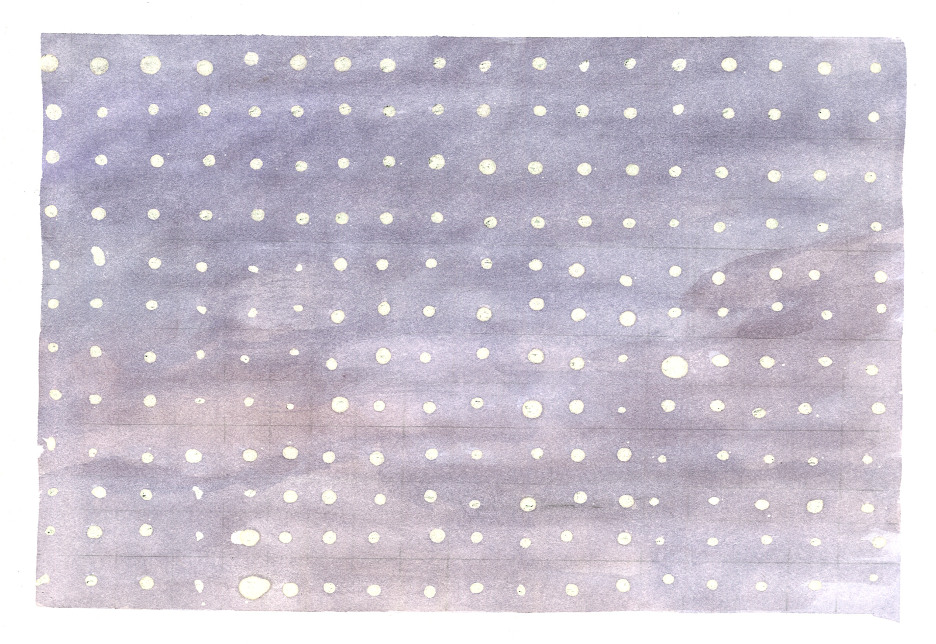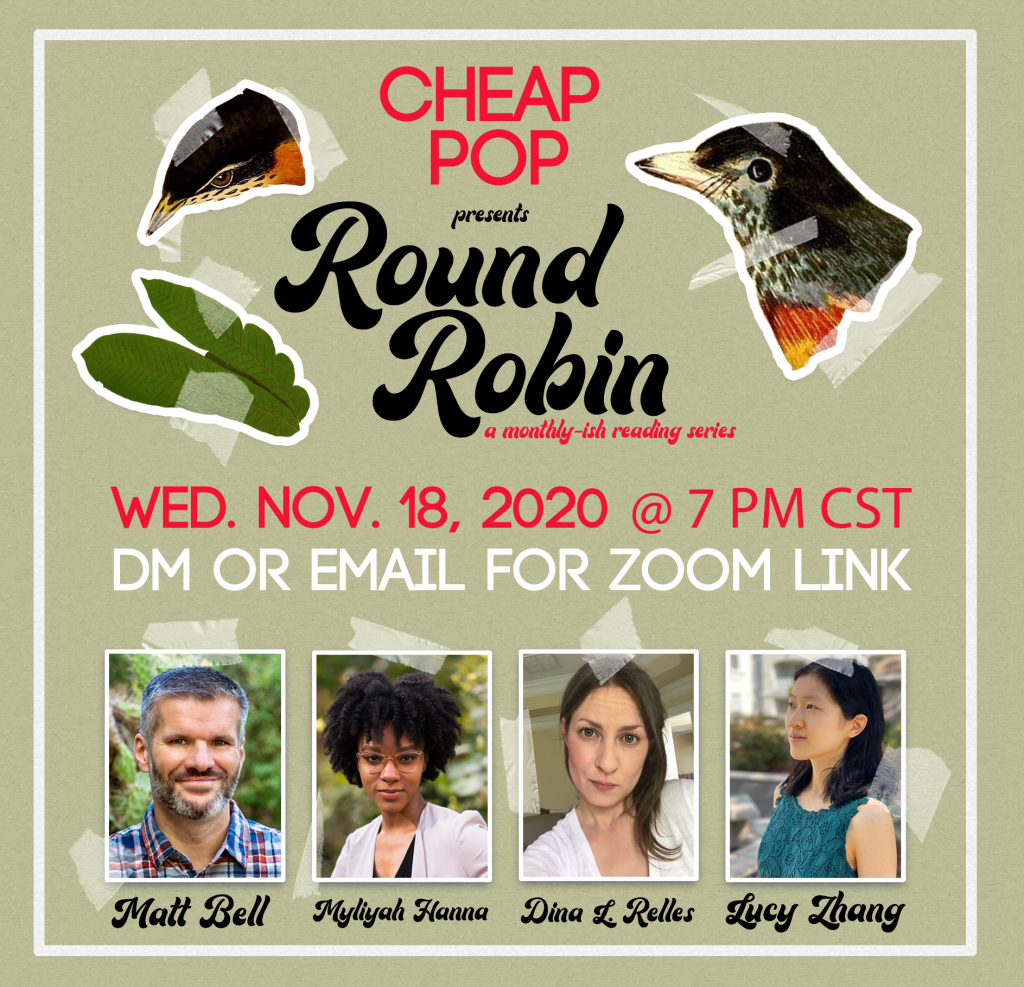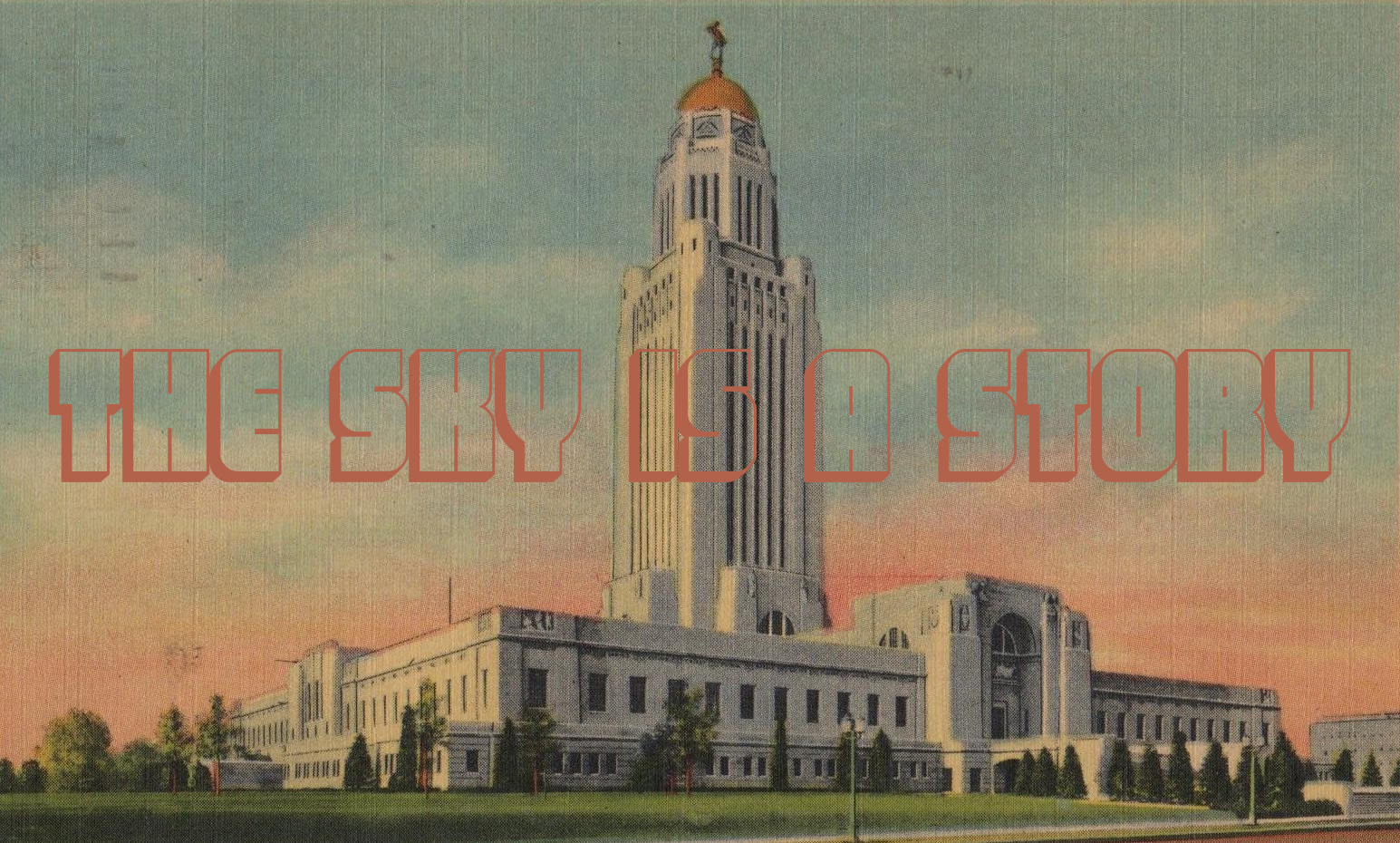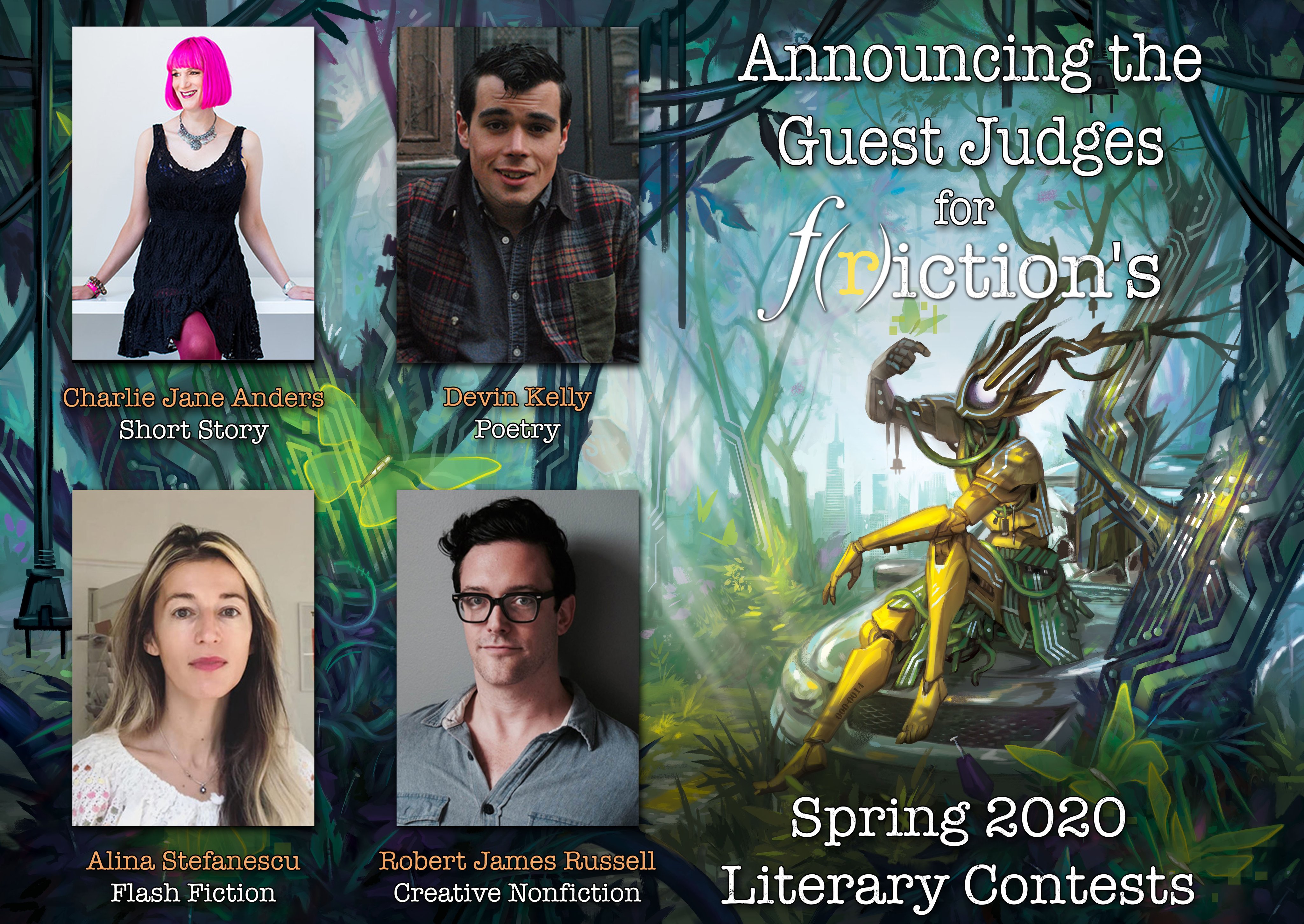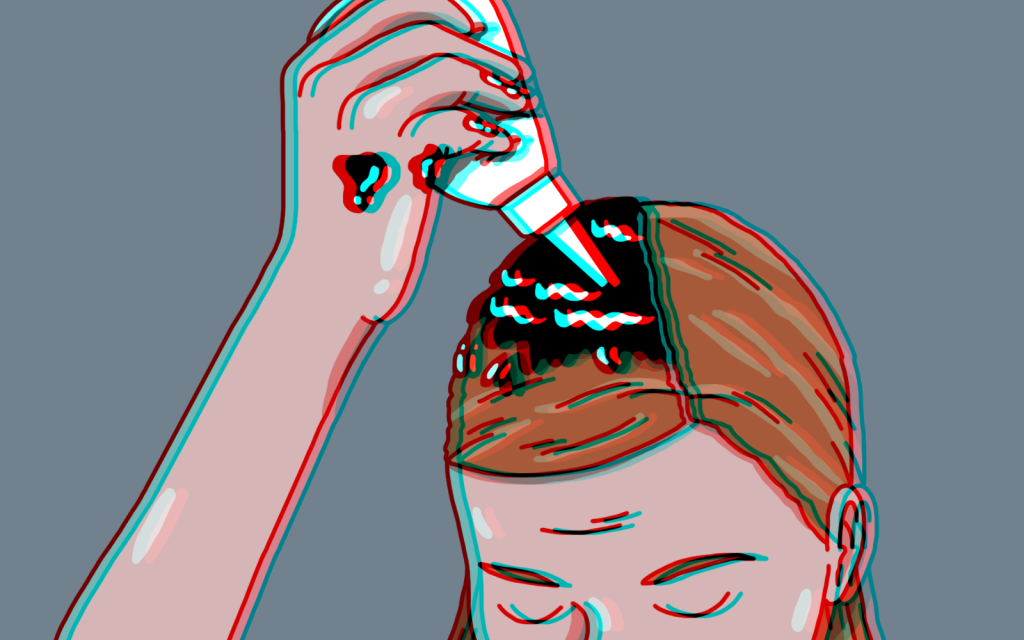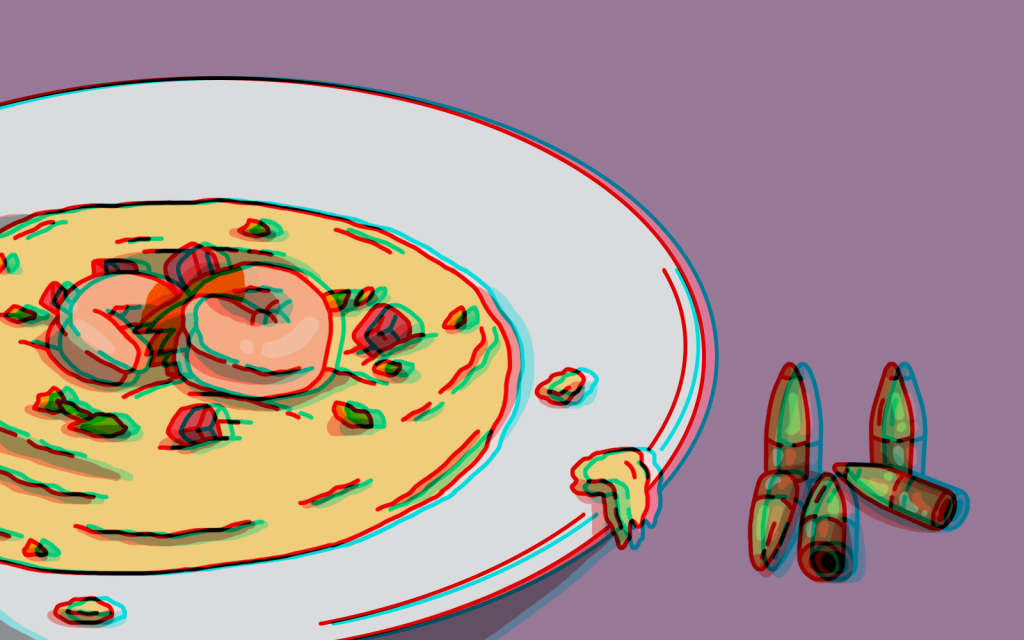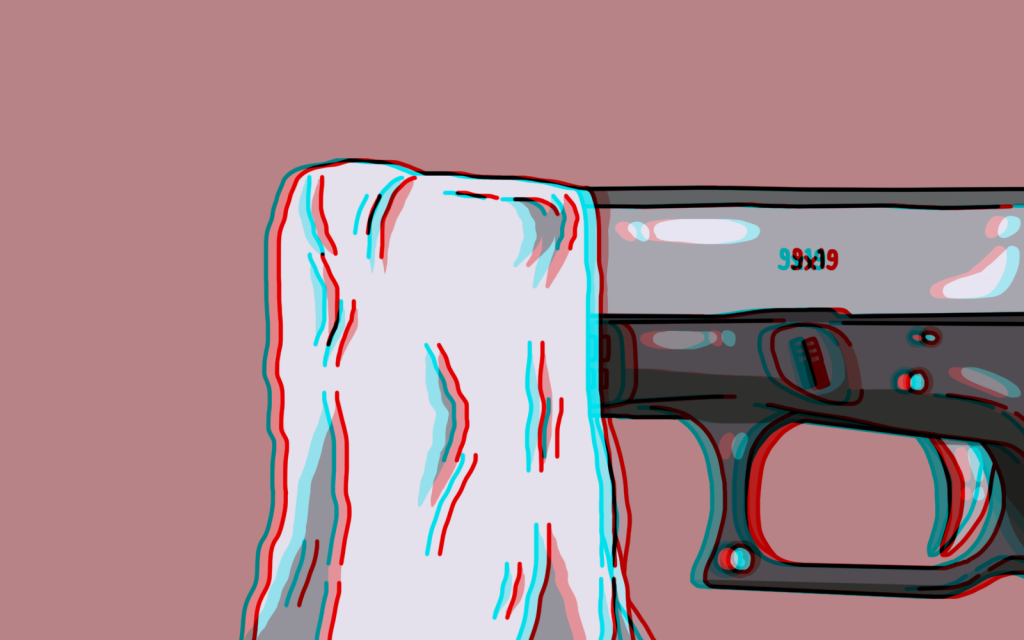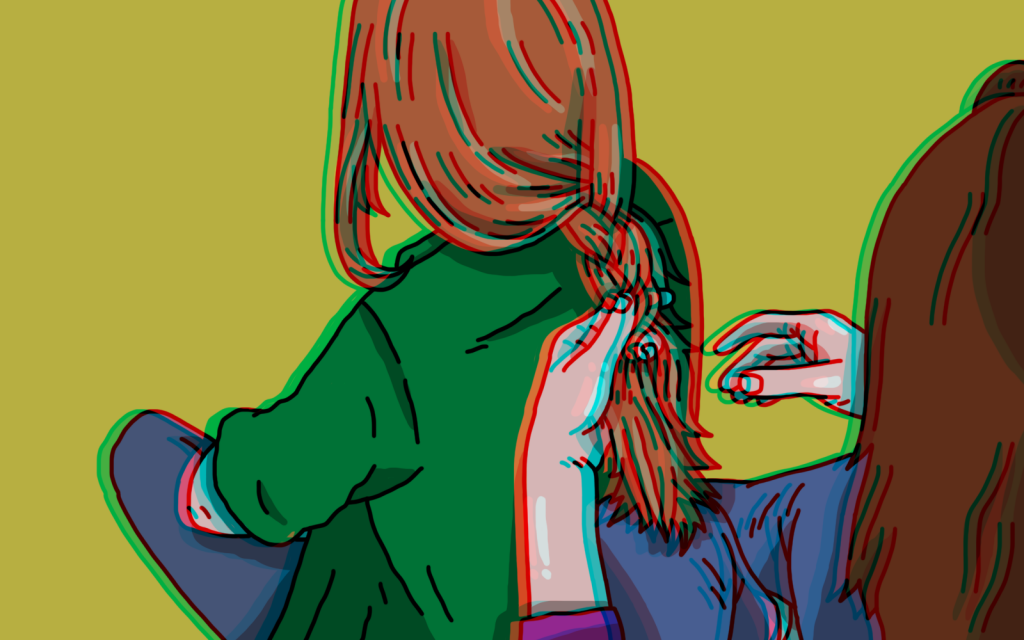I’m absolutely thrilled to share Part 1 of my new four-part essay series ORIGIN STORY over at Gulf Coast. This first essay is all about purple and its origin—but also adolescence and identity, t-shirts and snails.
A pasture of violets in an abandoned construction lot down the street from my childhood home that will, decades later, be filled in with cookie-cutter homes. There are so many purple flowers sprouting up around massive piles of dug-up dirt and stray cinderblock foundations laid and forgotten that they—their color—is no longer a novelty. Alone, my bike laid against the trunk of a nearby fir, I pluck them in handfuls and grind them into my palms furiously to see if the color will rub off on me.
This series uses my art (a sample below), history, artifact, and personal anecdote to explore the origin of everyday objects and ideas and how they—and each of us—might yet be extraordinary. A huge shout-out to Kaj Tanaka and all the editors at Gulf Coast for giving me and this series a chance.
